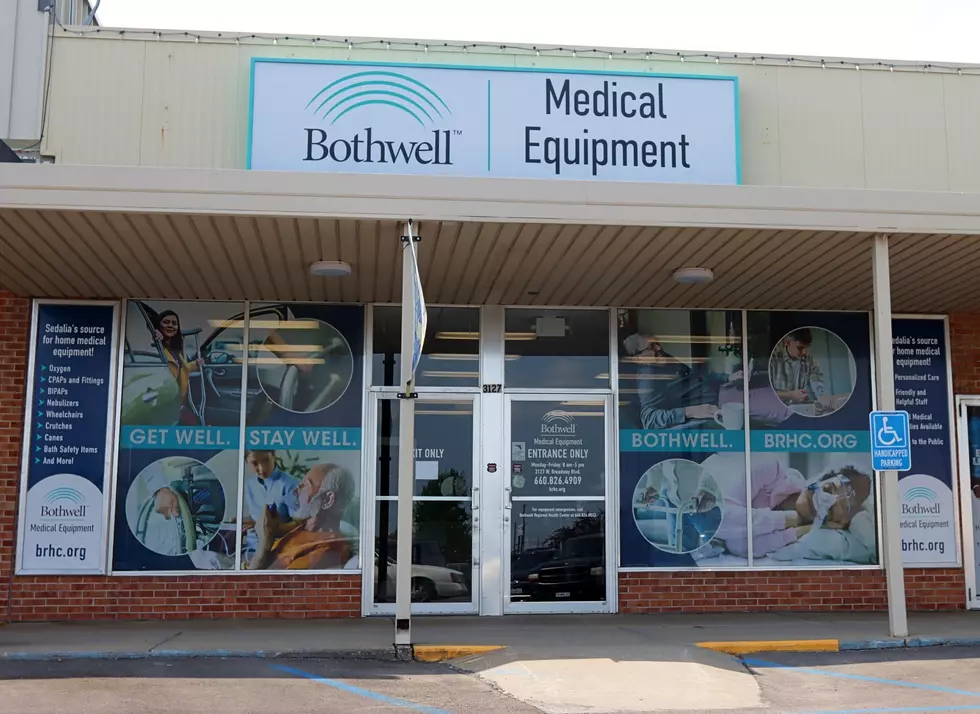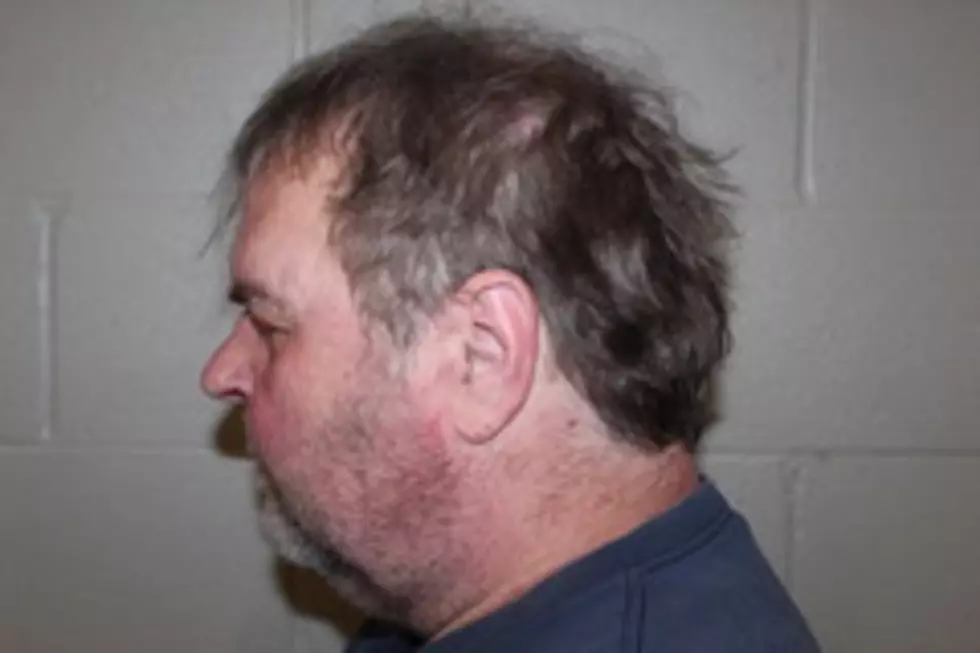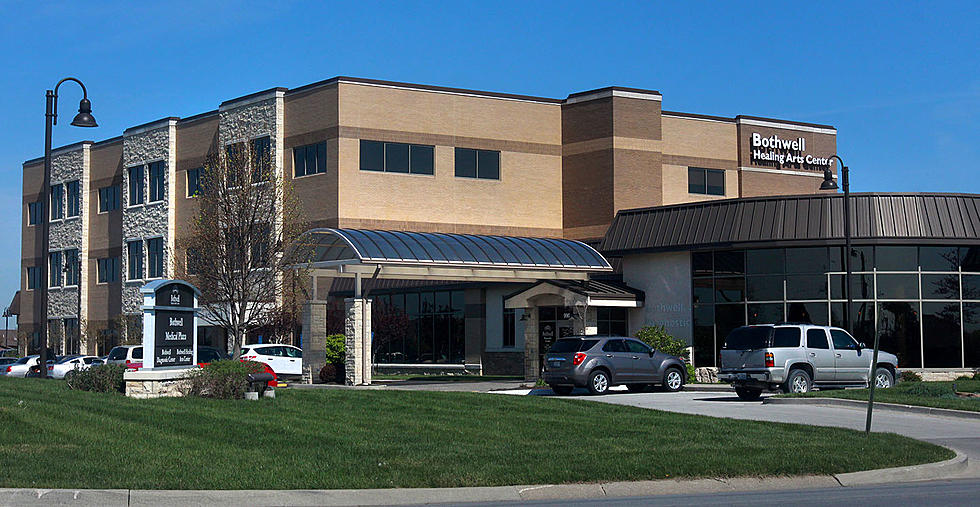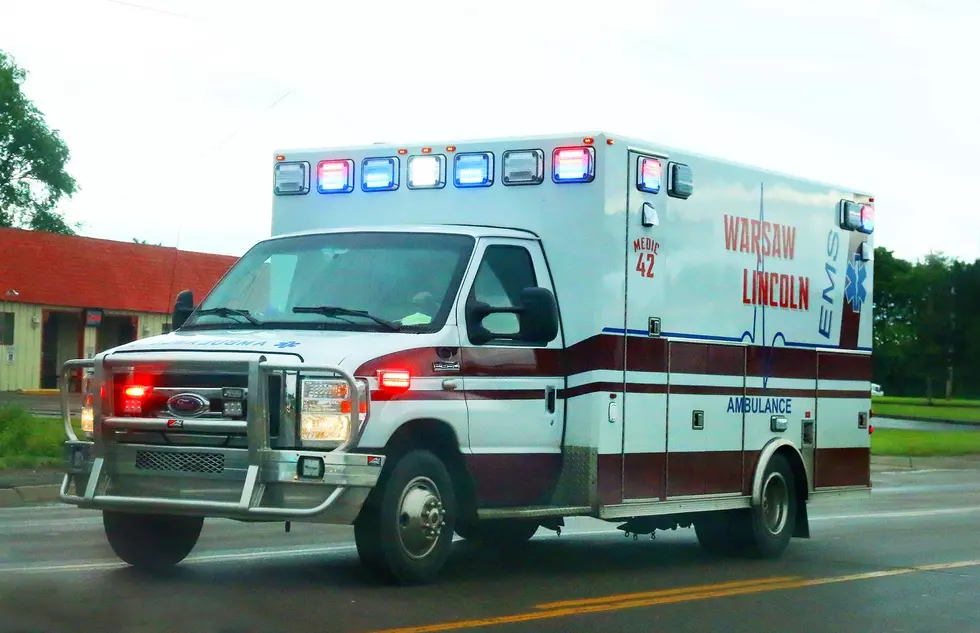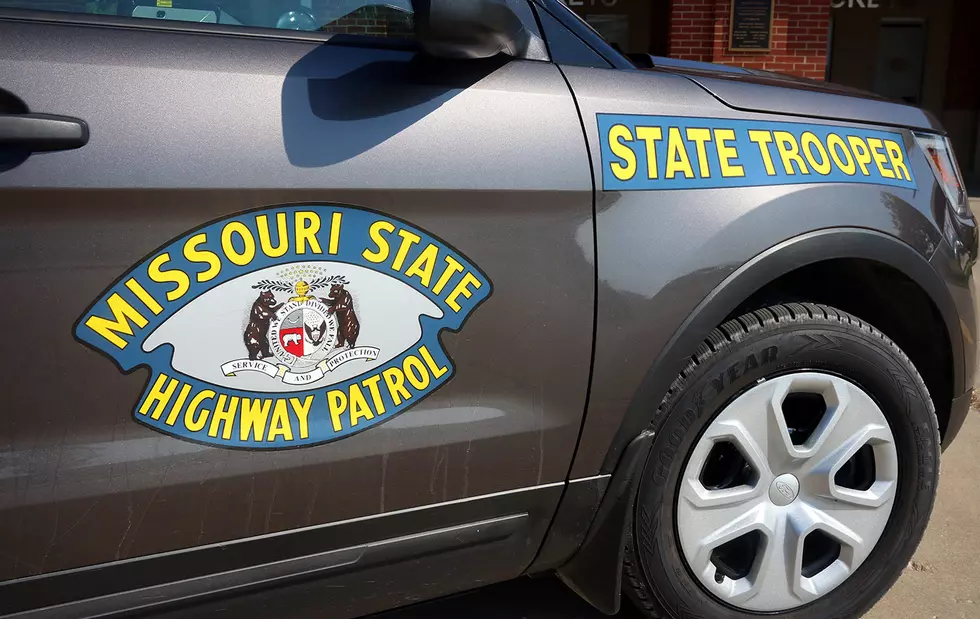
Bothwell to Begin COVID-19 Antibody Testing
The information in this article was provided from a press release from Bothwell Regional Health Center.
Bothwell Regional Health Center will begin COVID-19 antibody testing next week at two locations.
Starting Wednesday, June 17, COVID-19 antibody testing will be available from 7:30 a.m. to 4:15 p.m. Monday through Thursday at Bothwell Diagnostic Center, 990 Winchester Drive in Sedalia and Bothwell Health Center Truman Lake, 1765 Commercial Street in Warsaw.
The test consists of a technician drawing a person’s blood. No appointment is needed and no doctor’s order is required. People can walk into either location on a first-come, first served basis. The cost for the test is $45, and Bothwell accepts cash, checks and major credit cards. Bothwell will not file for insurance, and payment is due prior to the test.
According to the Centers for Disease Control (CDC), the test looks for the presence of antibodies, which are proteins made in response to infections. Antibodies are detected in the blood of people who are tested after infection; they show the body’s efforts to fight off a specific infection. A positive test means it is likely a person has or had COVID-19.
Bothwell’s Laboratory Director Cindy McKeon said people who get the test will receive a phone call from a Bothwell provider with either positive or negative results within one to two business days of the test.
“For people who receive a positive test, it could mean several things,” she said. “It could mean the person has or had COVID-19 and they have developed an antibody in response to the virus. Someone testing positive may need isolation to avoid spreading the virus to others, or they may have been previously infected. We will work with the patient on their next steps of care based on the test results along with their medical history and any symptoms.”
Dr. Phil Fracica, Bothwell’s chief medical officer, said that the CDC does not currently have enough information yet to say whether someone will definitely be immune and protected from reinfection if they have antibodies to the virus.
“This is really important because although the test is very specific because of the low county disease prevalence, there is a possibly of false positive tests. If an individual gets a false positive antibody result, there is a great risk that they may relax prudent precautions and increase the risk of infection,” he said. “There simply isn’t enough evidence at this time for us as health care providers to tell our patients that a positive COVID antibody test means that they are immune to illness from the virus.”
More From AM 1050 KSIS
